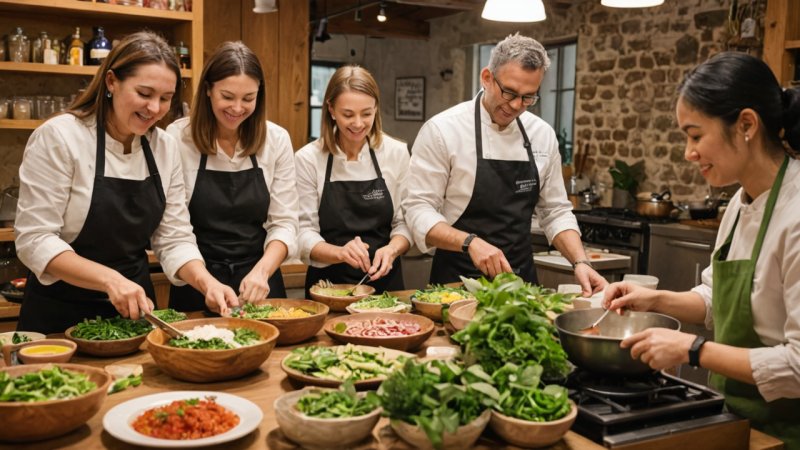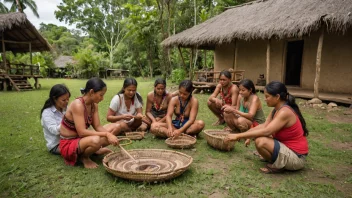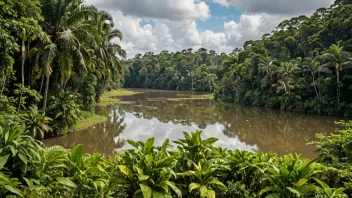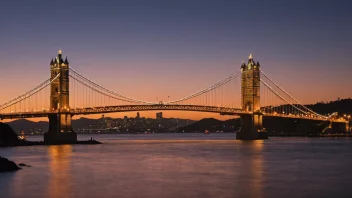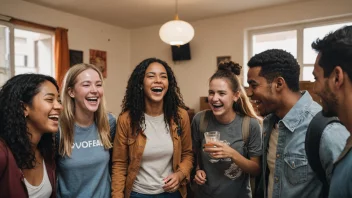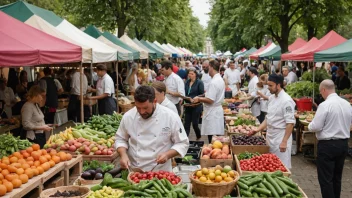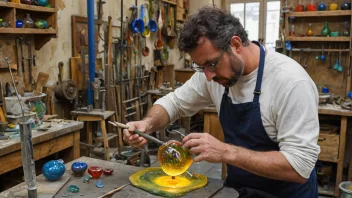Traveling is often about immersing oneself in new cultures, and what better way to do that than through culinary experiences? In this fictional interview, we sit down with Chef Maria L'Amour, a renowned culinary expert known for her unique cooking classes across various countries. Chef L'Amour has spent decades traveling the globe, teaching travelers how to create authentic dishes that reflect the local culture. While this interview is entirely hypothetical, it is designed to provide insights into the best cooking classes around the world and the unforgettable experiences they offer.
What inspired you to start teaching cooking classes globally?
My passion for food has always been rooted in tradition and culture. Growing up in a multicultural household, I was exposed to various cuisines from a young age. After training in culinary schools across Europe, I realized that teaching was my true calling. I wanted to share the joy of cooking and the stories behind each dish, which is why I decided to travel and teach cooking classes around the world.
Can you share some of your favorite cooking classes from different countries?
Absolutely! Each class I teach holds a special place in my heart. Here are some of my favorites:
- Italy: In Tuscany, I host a pasta-making class where students learn to create their own fresh pasta from scratch, paired with traditional sauces. The rolling hills and vineyards surrounding us add to the experience.
- Thailand: In Chiang Mai, I teach a market tour followed by a cooking class where participants learn to make authentic Thai curries and stir-fries using fresh local ingredients.
- Mexico: In Oaxaca, I focus on mole cooking. The class includes a visit to a local market to select ingredients, followed by a hands-on session where students learn to balance flavors in this complex dish.
- Japan: In Kyoto, I teach sushi making, emphasizing the importance of seasonality and presentation, which is a huge part of Japanese culinary art.
What do you think makes a cooking class truly memorable?
A cooking class becomes memorable when it transcends just the act of cooking. It’s about the connections made, the stories shared, and the laughter experienced. I always encourage my students to engage with the local culture. I remember one class in Greece where we not only cooked but also shared stories of our families and food traditions, creating a bond that lasted beyond the class.
What advice do you have for travelers looking to take cooking classes abroad?
First and foremost, do your research. Look for classes that emphasize local ingredients and traditional methods, as these will give you a genuine experience. Secondly, don’t be afraid to step out of your comfort zone. Try dishes you’ve never heard of or ingredients you’ve never tasted. Lastly, engage with the locals. They often have the best tips and stories to share!
How have cooking classes influenced your perspective on travel?
Cooking classes have profoundly changed how I view travel. I’ve learned that food is a universal language that connects people. When you cook with someone, you share a piece of your life and culture. This has taught me to be more open and curious about the places I visit. Each dish has a story, and through cooking, I get to experience those narratives firsthand.
What role do you think food plays in cultural exchange?
Food is at the heart of cultural exchange. It’s a way to share traditions, values, and history. When people come together to cook and eat, barriers dissolve, and understanding flourishes. Cooking classes are a perfect platform for this exchange. Participants not only learn to cook but also gain insights into the culture and community behind the food.
What trends do you see in global culinary education?
One significant trend is the growing interest in sustainability and health-conscious cooking. Many cooking classes now incorporate lessons about sourcing local ingredients and cooking with less waste. There’s also a rise in virtual cooking classes, allowing people to connect from different parts of the world, which is quite fascinating. It’s a testament to how technology is shaping culinary education.
Finally, where do you see yourself and your classes in the next five years?
I envision expanding my classes to include more immersive experiences, such as farm-to-table events and collaborations with local chefs. I’d love to create a culinary travel program that focuses on sustainability and cultural exchange, allowing participants to not just learn to cook but also understand the stories behind the food they prepare.
In conclusion, Chef Maria L'Amour’s insights shed light on the enriching experience of taking cooking classes while traveling. These classes offer a unique opportunity to delve deeper into local cultures, engage meaningfully with people, and create lasting memories through the universal language of food. Whether in a rustic Italian kitchen or a vibrant Thai market, the lessons learned extend far beyond the culinary skills acquired, fostering a global community united by a shared love for cooking and culture.
